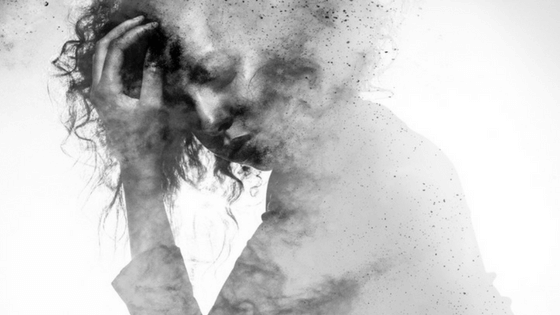3 Treatments for Major Depressive Disorder

As one of the leading causes of disability in America, it is estimated that one in every six people will experience Major Depressive Disorder at some point in their life. For some, it is an experience that never ends.
Whatever the case, clinical depression is never an easy thing to deal with, with symptoms including feelings of fatigue, irritability, and sadness that can be extreme enough to cause thoughts of suicide. Fortunately, while there is no patented cure-all for depression, there are multiple forms of treatment which can help alleviate its symptoms.
Psychotherapy
Though the causes of depression are rooted more in biology and brain chemistry than personal experience, in some cases symptoms of depression can be managed through psychotherapy. In fact, psychotherapy is usually the first treatment prescribed for a patient suffering from Major Depressive Disorder, due in part to its safety, non-invasiveness, and relatively low cost.
There are many different kinds of psychotherapy, including behavioral, cognitive, psychodynamic, and interpersonal. The point of all of them, though, is the same: to help patients better understand how depression works, to help them identify issues that may be triggering their depression, and to help them develop coping skills so that they might better overcome depressive episodes.
Medication
Psychotherapy is often good for empowering patients to manage their symptoms, but because Major Depressive Disorder is ultimately neurological it cannot get to the root of the problem. That's why psychotherapy is usually used in conjunction with medication capable of treating depression at its source.
Because of the complexity of the human brain and the number of biological factors related to clinical depression, there are a number of different types of medications used to treat depression. It may take a new patient some time before finding the kind of medicine and/or the right dosage to most effectively treat their depression. It is important, then, that a patient maintains regular communication with their doctor and reports any side effects or worsening of symptoms.
Neurostimulation
In some severe cases, even psychotherapy and medication combined are not adequate in combatting the effects of clinical depression. If a patient is struggling to cope with the symptoms of their depression and no other medicinal options remain, a doctor may suggest the use of neurostimulation.
Neurostimulation comprises such treatments as Transcranial Magnetic Stimulation (wherein an electromagnetic coil held against the scalp painlessly stimulates nerve cells in regions of the brain negatively affected by depression) and Electroconvulsive Therapy (where electric currents are passed through the brain to achieve a similar effect) While the latter tends to be reserved for the most high-risk individuals, the former has grown in popularity as Transcranial Magnetic Stimulation costs have become increasingly affordable.
839GYLCCC1992



Leave a Reply